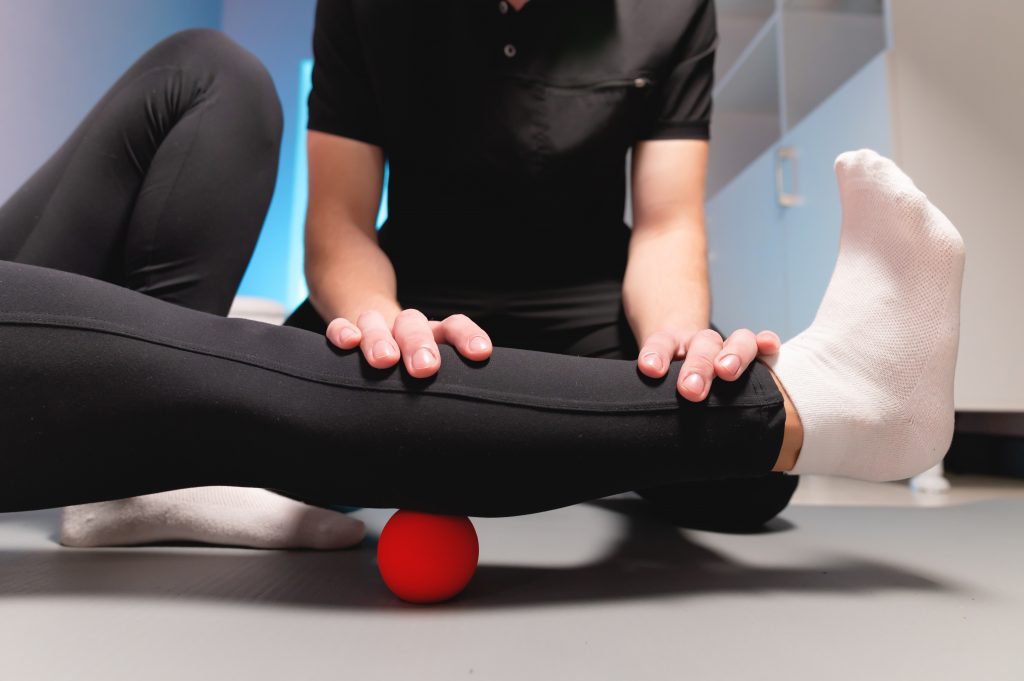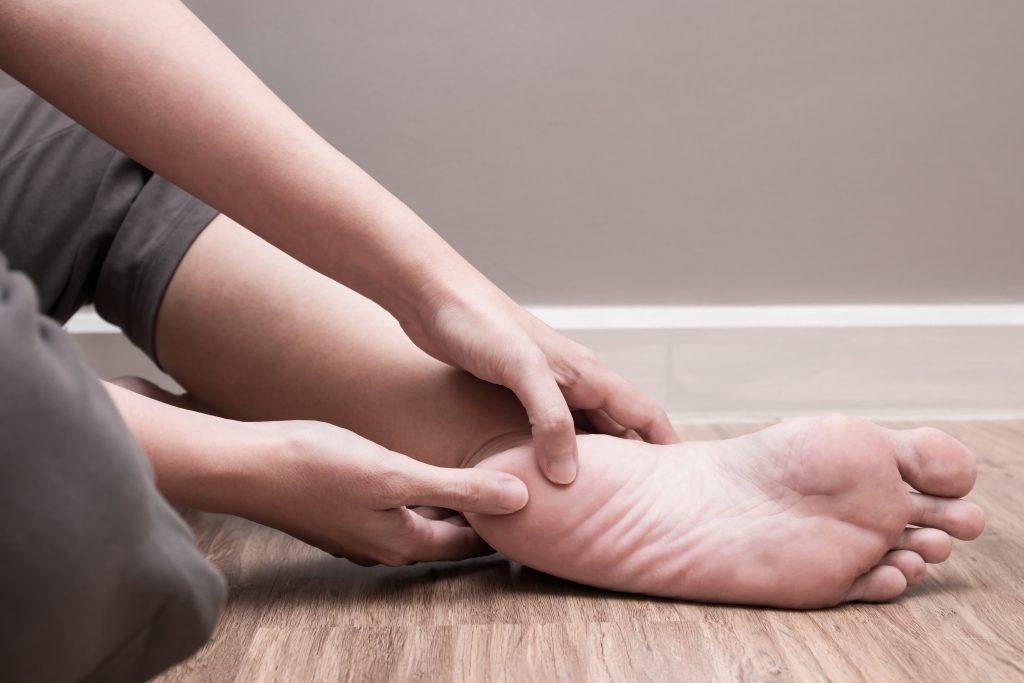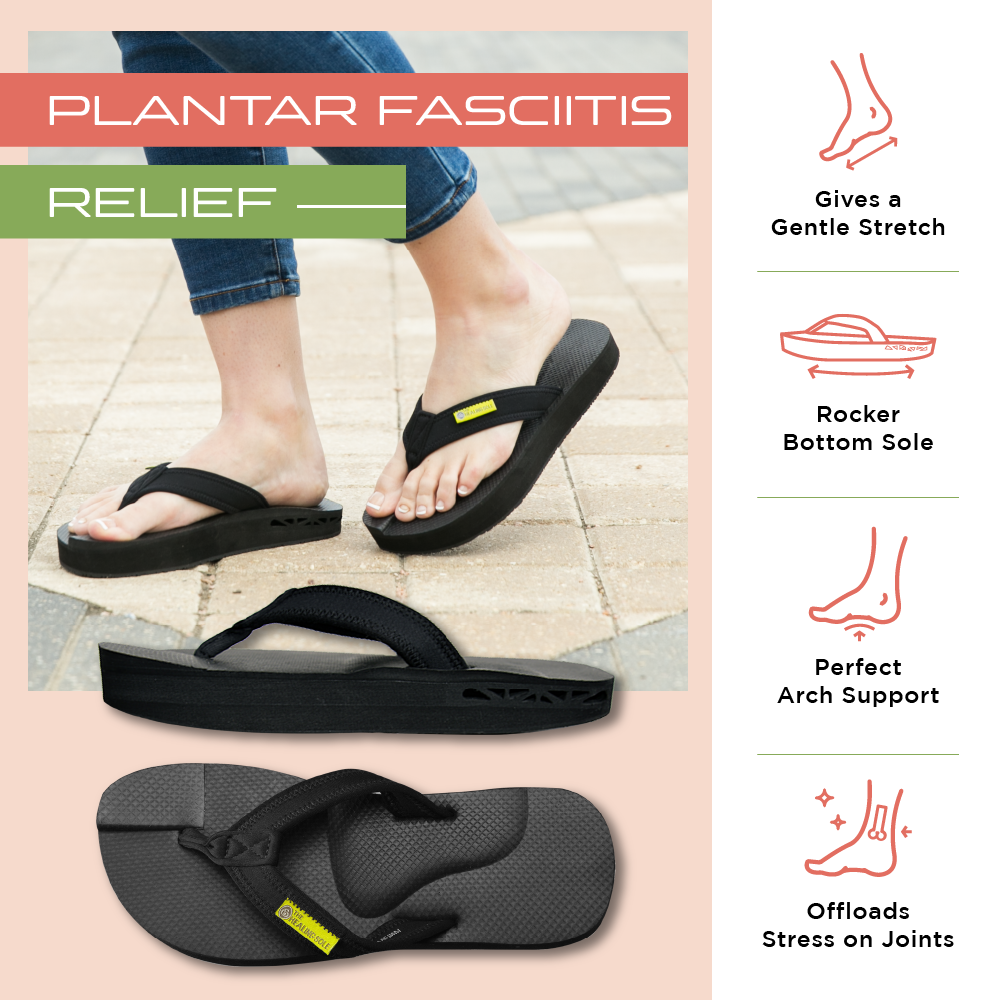Dr. Warner’s Favorite Methods For Improving Fascia Health

You may be wondering why fascia matters or why you need to take care of it. Fascia is vital for your mobility because it’s the connective tissue that holds every part of you together.
What Fascia Does For Your Body
Fascia is thin, elastic connective tissue that is found throughout your entire body. It encapsulates your muscle tissue, joints, blood vessels, organs and more. Fascia connects in the direction of the feet to the head and back. It also connects in the direction of the skin to the core and back. Finally, there are many variations of angular or oblique connections in addition to the ‘up-down’ and ‘in-and-out’ connections.

Fascia contains many nerve endings as well, that can make this connective tissue as sensitive as your skin. Mechanical stress is also perceived because of receptors embedded in connective tissue like fascia.
The coordination and connectivity of the fascia in your body is amazing. Different locations of fascia in the body can impact other locations through your fascia kinetic chain.
This means that if even a small bit of fascia gets damaged, it can have a profound impact on your mobility and can make even small activities painful. Fascial damage will also lead to inflammation and possibly chronic inflammation if not managed.
Maintaining healthy fascia can mean better blood flow, less risk for injury, improved alignment and performance, as well as a reduction in chronic pain, chronic inflammation and generalized frailty.
What You Can Do For Your Fascia
As an orthopedic surgeon, Dr. Warner treats fascia pain on a regular basis. She has come to appreciate the massive contribution to human function that fascia provides. She has used this knowledge in her quest to empower people with more natural healing methods. For instance, her patients with plantar fasciitis inspired her creation of orthopedic flip flops, The Healing Sole.
The Healing Sole uses several of Dr. Warner’s favorite methods for relieving plantar fasciitis pain and inflammation, but at the core of these strategies are stretching and strengthening the plantar fascia in a gentle and safe manner. Off-loading of areas that the body must heal is also an integral principle of the design.
Stretching your plantar fascia is critical to help maintain its elasticity and prevent it from thickening and tightening around your muscles and joints. Fascia, like all connective tissue, responds favorably to load, tension and stretch. Yoga is a great way to achieve this, because it focuses on achieving deep myofascial stretches throughout your entire body. Working with an experienced yogi can help you identify poses that will help your specific needs.
Other forms of low-impact exercise that can help you maintain mobility and fascial health are swimming, cycling, and walking, but there are so many other types of exercise and activities you can do to stay active.
Using a foam roller to stretch out knots formed by tight fascia can also relieve pain and tension.

Visiting an infrared sauna, like the one at Warner Orthopedics and Wellness, could increase your natural levels of human growth hormone (HGH) and lead to faster recovery times after exercise, helping your fascia recover as well.
As much as inflammation can damage your joints and other parts of your body, it can also harm your fascia. The connective tissues, such as fascia, are formed of collagen. This long-lived protein (collagen) is a favorite place for the deposition of advanced glycation end products (AGEs); AGEs are the final products of a series of reactions between blood glucose and amino acids in collagen. These AGEs form over time and embed in collagen. They induce tissue damage and lead to inflammation and oxidative stress. The best way to manage these is to eat a diet that reduces their formation and consumption.
You’ll want to keep your inflammation levels in check through hydration and diet. The Mediterranean Diet is a diet that focuses on whole foods, keeping you away from the sugars and processed foods that lead to inflammation.
Even with the best diet though, it can be difficult to keep inflammation at bay, or even get the nutrients you need.
Taking a daily multivitamin, like Dr. Warner’s Daily Multi with PEA can help you get essential nutrients you need.
Dr. Warner created her supplement line, Well Theory out of a growing need she saw among her patients. The Daily Multi with PEA was designed by her to encourage healthy connective tissue, like your fascia.
Schedule A Consultation Today
If you believe your chronic pain is the result of unhealthy fascia, schedule your consultation with Dr. Warner at Warner Orthopedics and Wellness today!






